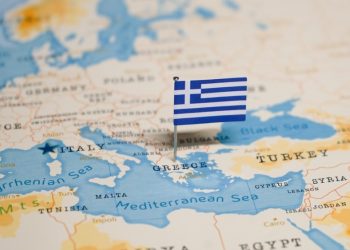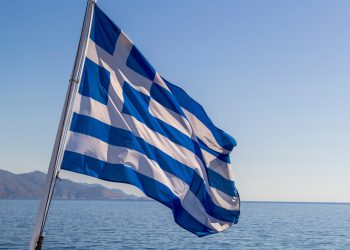‘Marine Environment and Science’ campaign
 HELMEPA´s three-year long campaign, which began in 2011 and ran across 12 cities-areas of Greece with the financial support of Lloyd´s Register Foundation(the Foundation), has now been completed.
HELMEPA´s three-year long campaign, which began in 2011 and ran across 12 cities-areas of Greece with the financial support of Lloyd´s Register Foundation(the Foundation), has now been completed.
The two objectives of the Campaign were:
(1) to inform primary and secondary education students about the marine environment, shipping, science and engineering and
(2) to raise awareness among local stakeholders and throughout the society about the protection of the environment.
The results of HELMEPA´s survey concerning the environmental awareness of the 13,500 primary and secondary students who visited the Exhibition in all 12 cities proved interesting. Two out of three students believe that litter pollution of streets and beaches is the most serious environmental problem in their area, as well as the lack of parks and “green” corners in their cities. As for the marine environment, students are aware to a large extent of its importance for life on Earth.
In considering Port Authorities to be the main entity responsible for the protection of seas and coasts in Greece, the vast majority (93%) of students also recognize the personal responsibility f each and every individual for a clean and healthy environment. The main sources of information on environmental issues are school, followed by TV and the internet.
Surprisingly, however, the majority of students were not aware of the importance of ships for global wellbeing, despite the fact that Greece is at the forefront of international shipping.
Two out of three students were not familiar with the role of ships in the transportation of goods and 52% considered shipping to be the most polluting means of transport. Unknown to these youngsters was the internationally acknowledged (IMO, UNEP and others) fact that ships are responsible for less than 10% of the pollution of the Oceans brought about by all types of pollutants.
An optimistic finding of the survey, on the other hand, is confirmation of the escalating awareness of children and youth living in regional Greece, about their local environment. Two out of three students report having participated in voluntary activities, such as tree-plantings and beach cleanups, while almost all of them recycle some materials.
Older students (13-16 years old) state their intentions to help towards halting environmental degradation, where this exists, through the undertaking of initiatives in their homes, at school and in their neighborhoods.
Source: HELMEPA






























































